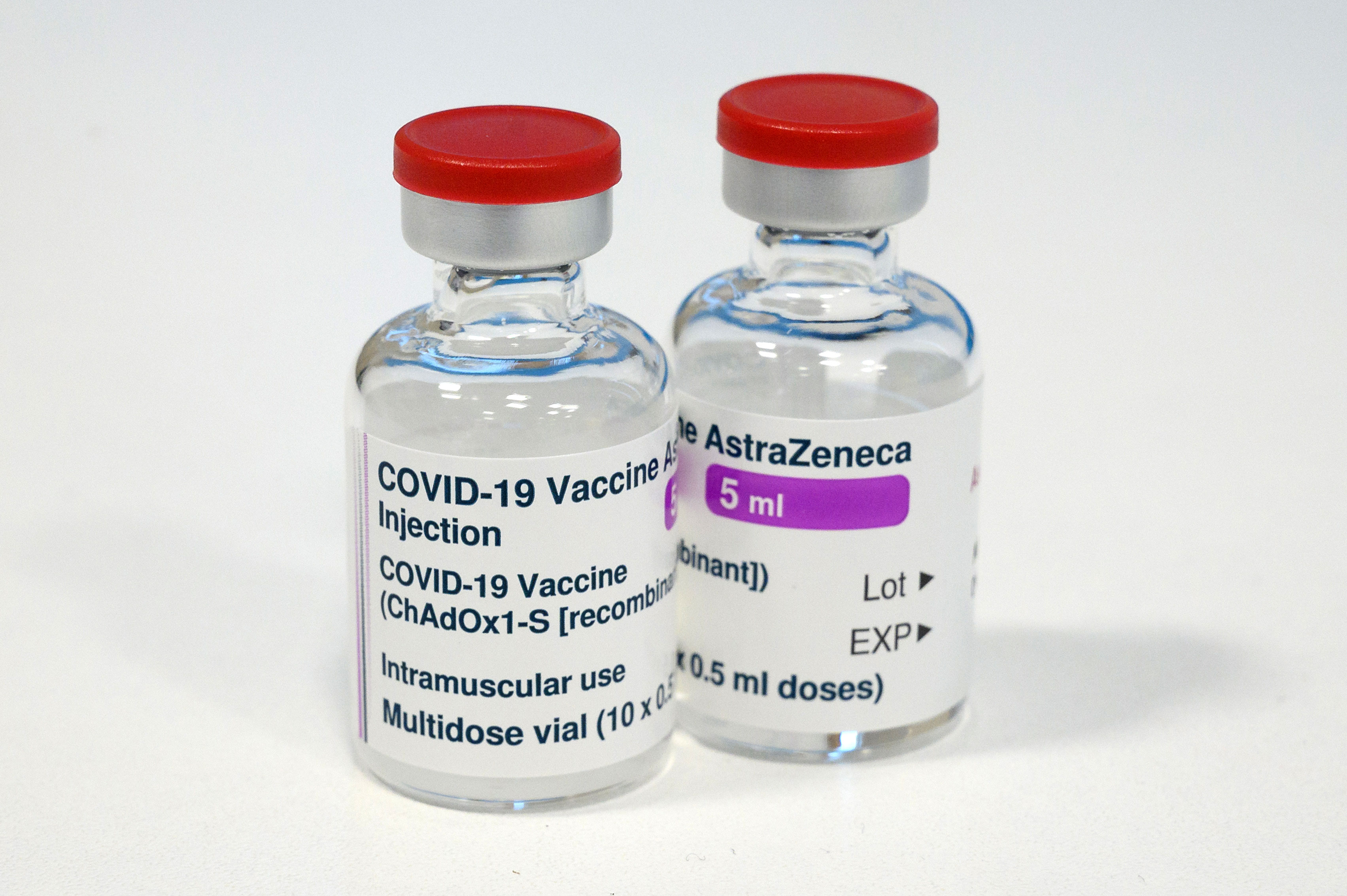In a significant legal development, AstraZeneca has acknowledged in court filings that its COVID-19 vaccine can, in extremely rare instances, trigger Thrombosis with Thrombocytopenia Syndrome (TTS), a serious medical condition characterized by blood clots and depleted blood platelet counts. This admission marks a notable shift in the company’s stance, as it had previously maintained a more cautious tone regarding the vaccine’s potential links to TTS. The acknowledgment is crucial, as it may pave the way for individuals affected by TTS to seek legal recourse and compensation.

Introduction to Thrombocytopenia Syndrome (TTS)
Thrombosis with Thrombocytopenia Syndrome (TTS) is a rare but potentially life-threatening condition that has gained significant attention in recent times. As a complex and multifaceted disorder, TTS requires a comprehensive understanding of its causes, mechanisms, and implications. In this article, we will delve into the intricacies of TTS, exploring its relationship with Platelet Factor 4 (PF4), polyphosphate (PolyP), and the immune system. By examining the structural changes that occur before and after TTS, we will uncover the underlying factors that contribute to this condition.
Platelet Factor 4 (PF4) and Polyphosphate (PolyP)
PF4 is a protein naturally present in blood platelets, playing a crucial role in blood clotting processes. PolyP, on the other hand, is a negatively charged protein that binds to PF4, forming a complex essential for normal hemostasis. The PF4-PolyP complex is a critical component of the blood clotting cascade, ensuring the formation of stable blood clots.
Thrombosis with Thrombocytopenia Syndrome (TTS): Causes and Mechanisms
TTS is a rare side effect of certain vaccines, including AstraZeneca’s Covid vaccine. The exact cause of TTS is still unknown, but research suggests that it is triggered by an immune system reaction to the PF4-PolyP complex. In individuals with TTS, the immune system mistakenly recognizes the PF4-PolyP complex as foreign, leading to the production of anti-PF4 antibodies. These antibodies bind to the PF4-PolyP complex, forming immune complexes that activate platelets and trigger excessive blood clotting (thrombosis). Simultaneously, the immune system destroys platelets, resulting in low platelet count (thrombocytopenia).
Structural Changes Before and After TTS
Before TTS, the PF4 protein and PolyP exist as separate entities, with PF4 possessing a positively charged amino acid chain and PolyP having negatively charged phosphate groups. The PF4-PolyP complex forms a stable structure, ensuring normal blood clotting processes.
After TTS, the anti-PF4 antibodies bind to the PF4-PolyP complex, forming an immune complex that triggers excessive blood clotting and platelet destruction. The structural changes that occur before and after TTS are crucial in understanding the underlying mechanisms of this condition.
Implications and Conclusion
Thrombosis with Thrombocytopenia Syndrome (TTS) is a complex and rare condition that requires a comprehensive understanding of its causes, mechanisms, and implications. By examining the structural changes that occur before and after TTS, we can uncover the underlying factors that contribute to this condition. The relationship between PF4, PolyP, and the immune system is critical in understanding TTS, and further research is necessary to develop effective treatments and prevention strategies.
Covishield: Safety and Efficacy in the Fight Against COVID-19
Covishield is a COVID-19 vaccine developed by the Serum Institute of India (SII) in collaboration with AstraZeneca and the University of Oxford. It is a recombinant viral vector vaccine, similar to the AstraZeneca vaccine, and has been approved for emergency use in several countries, including India.
As of today’s date, April 30, 2024, Covishield has been widely used in India’s COVID-19 vaccination program, along with another indigenous vaccine, Covaxin. The vaccine has been shown to be safe and effective in preventing severe COVID-19 and hospitalization due to the virus.
According to the Indian health authorities, the risk of TTS associated with Covishield is estimated to be around 1-2 cases per million doses administered. Most cases of TTS have occurred within 1-2 weeks of vaccination, and the majority have been reported in women under the age of 50.
It’s essential to note that the benefits of getting vaccinated with Covishield or other COVID-19 vaccines far outweigh the risks, and TTS is a treatable condition if identified early. If you have any concerns or questions, it’s always best to consult with a healthcare professional.














